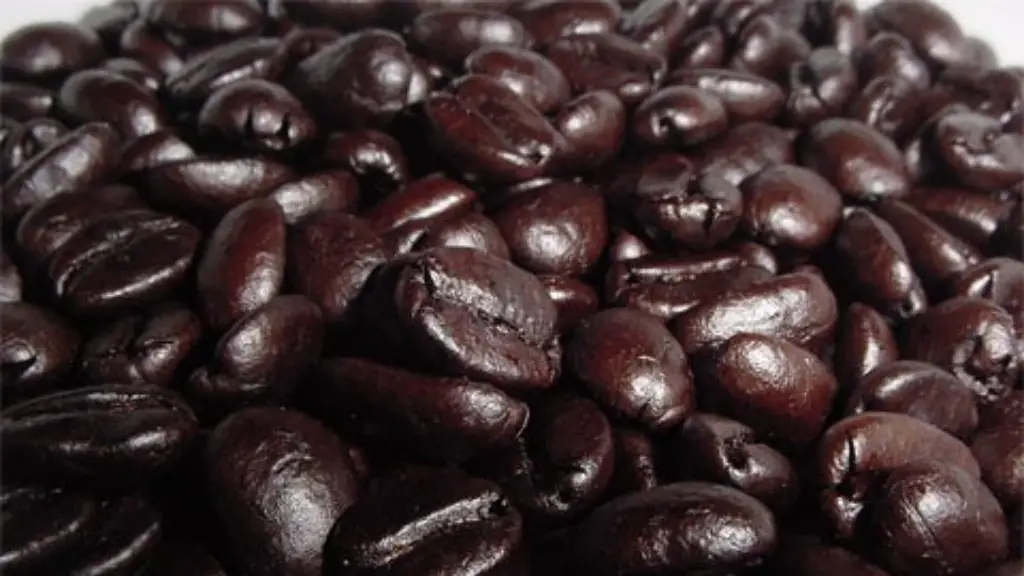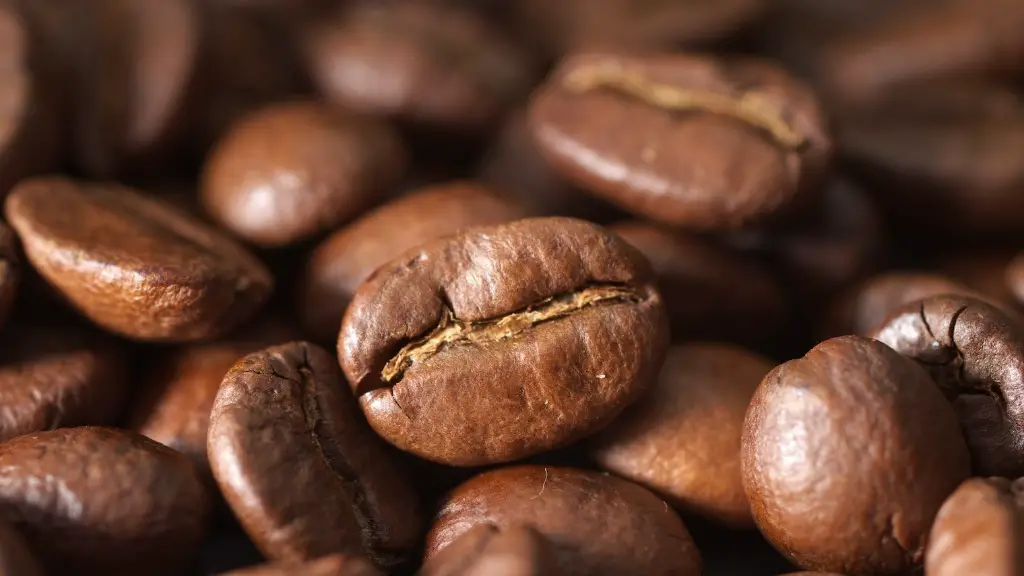What is Barrett’s Esophagus?
Barrett’s esophagus (BE) is a condition in which cells in the lining of the throat are damaged and replaced with abnormal cells, often resulting from persistent gastroesophageal reflux disease (GERD). BE can make the esophagus more vulnerable to injury and increases the risk of developing esophageal cancer. People with BE therefore require special care when drinking coffee or other hot beverages.
Can You Drink Coffee with Barrett’s Esophagus?
Caffeinated beverages, such as coffee and tea, can be consumed in moderation by people with BE. It is important to ensure that drinks are not too hot and that any accompanying food or snacks are not too acidic as these can worsen GERD symptoms.
The American College of Gastroenterology recommends that people with BE keep daily caffeine to fewer than 400 milligrams, which is about 4 cups of coffee, to help minimize flare-ups or damage to the esophagus. It is also important to limit alcohol consumption and to avoid carbonated beverages as these can worsen GERD symptoms.
Tips For Drinking Coffee with Barrett’s Esophagus
• Limit caffeine intake to 400 milligrams per day (4 cups of coffee)
• Allow coffee to cool before drinking
• Choose a coffee that contains natural antioxidants but avoids artificial sweeteners
• Drink plenty of water throughout the day
• Avoid acidic foods and beverages and carbonated beverages
It is important to note that while these tips may help to relieve symptoms and reduce the risk of harm to the esophagus, they are not a guarantee of protection. People with BE should also speak to a doctor or registered dietitian to learn more about the best diet and beverage choices for their specific situation and to ensure proper monitoring of the condition.
Diagnosis of Barrett’s Esophagus
Barrett’s esophagus is usually diagnosed through a combination of endoscopic exams, biopsies of the tissue, and diagnostic imaging tests. Endoscopy involves the insertion of a tiny camera on a flexible tube into the esophagus to help identify the condition. Biopsies are small samples of tissue that are removed and sent to a lab for analysis. Diagnostic imaging tests, like X-rays or ultrasounds, may be used to look for any blockages or other issues in the esophagus.
The patient’s doctor may also recommend lifestyle changes, such as limiting certain foods or drinks, quitting smoking, reducing stress, and eating smaller, more frequent meals. If BE is diagnosed and left untreated, it can lead to serious health complications, including esophageal cancer.
Different Treatments for Barrett’s Esophagus
The goals of treatment for BE are to reduce the risk of complications and improve quality of life. Options for treatment include lifestyle changes, medications, and procedures.
Lifestyle changes, such as quitting smoking and avoiding foods that can trigger GERD, can be very effective in reducing symptoms. Eating a healthy diet with plenty of fruits and vegetables can also help to reduce symptoms.
Medications, including proton pump inhibitors, histamine blockers, and prokinetics, can help reduce acid production in the stomach and stop acid reflux.
Finally, endoscopic and thermal treatments can be used to remove the abnormal cells in the throat. Endoscopic treatment involves destroying the abnormal cells with tiny electrodes or lasers, while thermal treatment involves using heat to remove the cells.
Cancer Risk from Barrett’s Esophagus
The main concern with BE is an increased risk of cancer. BE is thought to increase the risk of developing esophageal cancer by 30 times. Fortunately, the risk of developing esophageal cancer is low in general.
People with BE should receive regular medical check-ups and screenings to identify potential issues or signs of cancer. Early detection and treatment of BE can greatly reduce the risk of complications and cancer.
Risks from Drinking Coffee with Barrett’s Esophagus
Drinking hot beverages, including coffee, can cause irritation and damage to the esophageal lining and worsen GERD symptoms. People with BE should limit their consumption of coffee and other hot beverages to avoid any possible risks or damage.
Studies have suggested that high consumption of caffeine, especially in the form of coffee, can increase the risk of BE and esophageal cancer. People with BE should not drink more than 4 cups of coffee per day and should avoid other sources of caffeine, such as energy drinks or soda.
Conclusion
Barrett’s esophagus is a common condition that can lead to serious complications, including esophageal cancer. It is important for people with BE to limit their consumption of hot beverages, such as coffee and tea, and to speak to a doctor or registered dietitian to learn more about the best diet and beverage choices for their specific situation. Additionally, regular check-ups and screenings are recommended to identify any potential issues or signs of cancer. If caught early and treated properly, the risks associated with BE can be reduced.


